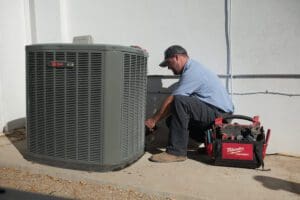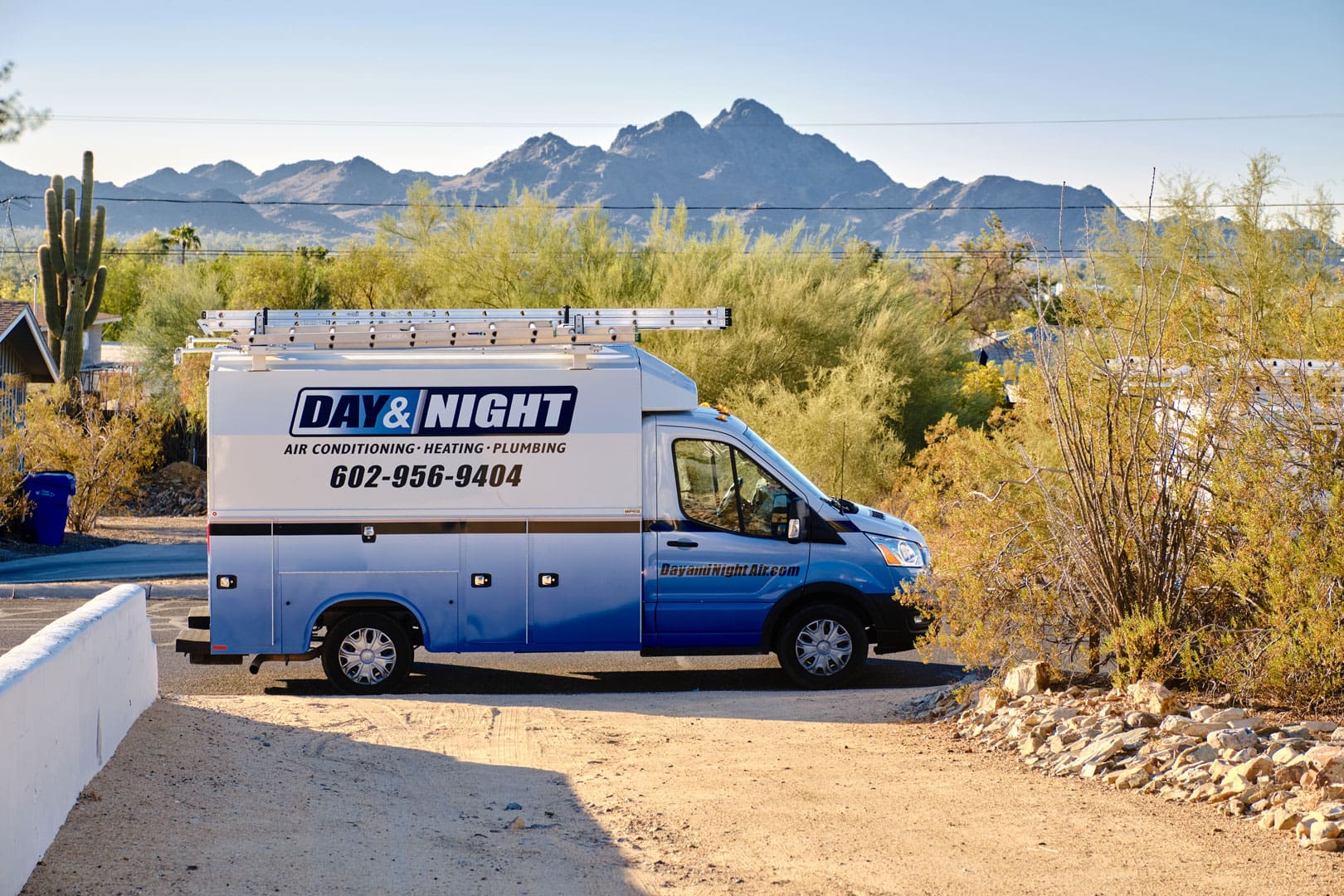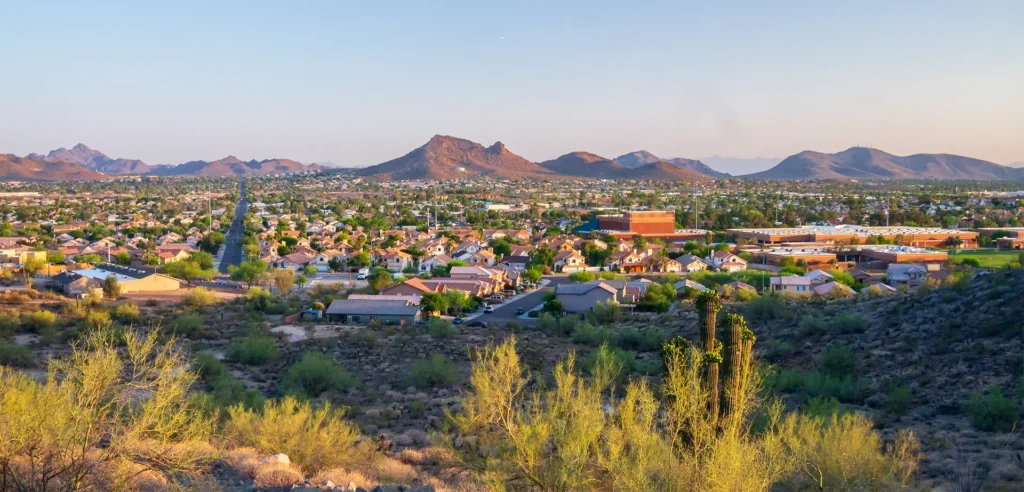There are some excellent energy tax credits for Arizona residents that will help to make it more affordable to update your old air conditioning units or heat pump.
Air Conditioner Services We Offer
What Are The Energy Tax Credits For AZ Residents?
Arizona Energy tax credits are one part of the Inflation Reduction Act that has many excited for the potential savings they could see on home improvement projects in the future. There are several energy tax credits that Arizona Residents will be able to take advantage of thanks to the Inflation Reduction Act. HVAC systems, heat pumps, and even smaller appliances like stoves and dryers are part of the plan to help reduce the amount of energy each household uses.
What Is the Inflation Reduction Act?
The inflation that is being seen around the world has been increasing prices across the board when it comes to necessities and luxury items alike. Consumers are footing more significant bills when it comes to groceries, gas, school supplies, and more. One hard-hitting area is energy bills, which are hard to reduce. President Biden recently signed the Inflation Reduction Act into law to give Americans relief from these costs while also working to help protect the environment and curb climate change.
While no one knows for sure what it may do to help families with inflation or in helping the environment in the long run, it’s not hard to see how the variety of tax credits and rebates will help large groups of people as they cover a number of products. For example, there are tax breaks and credits for buying electric cars, replacing aging appliances with newer, more energy-efficient models, installing solar panels, updating your electrical wiring, getting better insulation, and more.
How Will This Help Arizona Residents With Lower Energy Costs?
What Benefits Will Arizona Residents See From the Inflation Reduction Act?
What is the Timeline of Tax Breaks and Credits?
What Are the Tax Breaks for Heat Pumps?
What Are the Tax Breaks for AC Units?
What Qualifies for the Tax Credits?
How Do You Calculate the Tax Credits?
How Does the Tax Rebate Work?
How Do You Apply for a Rebate?
Inflation Reduction Act and SEER2 Updates
Not Interested In Upgrading Your A/C Unit At This Time?
Learn how you can receive a tax credit here if you buy in 2023.
How Can Day & Night Help?
Anything that has to do with taxes and tax credits can be confusing. Day & Night Air Conditioning can help to explain the energy tax credits for Arizona homeowners and how they can impact you. As the tax credits and rebates are also tied to your yearly income and the medium income of your zip code, it can be wise to determine if you’ll qualify for the total amount. For example, you’ll need to make below 80% of the median income of your zip code for the full amount, but you’ll get a rebate of about 50% if you make 80% to 150% of the median income of your zip code.
For those who will qualify for the more significant rebates, waiting until the credits kick in may be more beneficial before making your appointment to have your new air conditioner installed. If you make a great deal more than your area’s median income, it may behoove you to take advantage of sales on this year’s models of air conditioners and heat pumps.
All this information may not make it clear about what to do about updating your HVAC system, so that’s why we’re here to help. Are you interested in Phoenix Energy tax credits and want to learn more about what you’ll qualify for? You can count on us at Day & Night Air Conditioning to help you determine when’s the best time for you to take advantage of the Inflation Reduction Act. We’re happy to go over your home’s current air conditioner or heat pump setup and whether or not you’ll need to upgrade and when.





